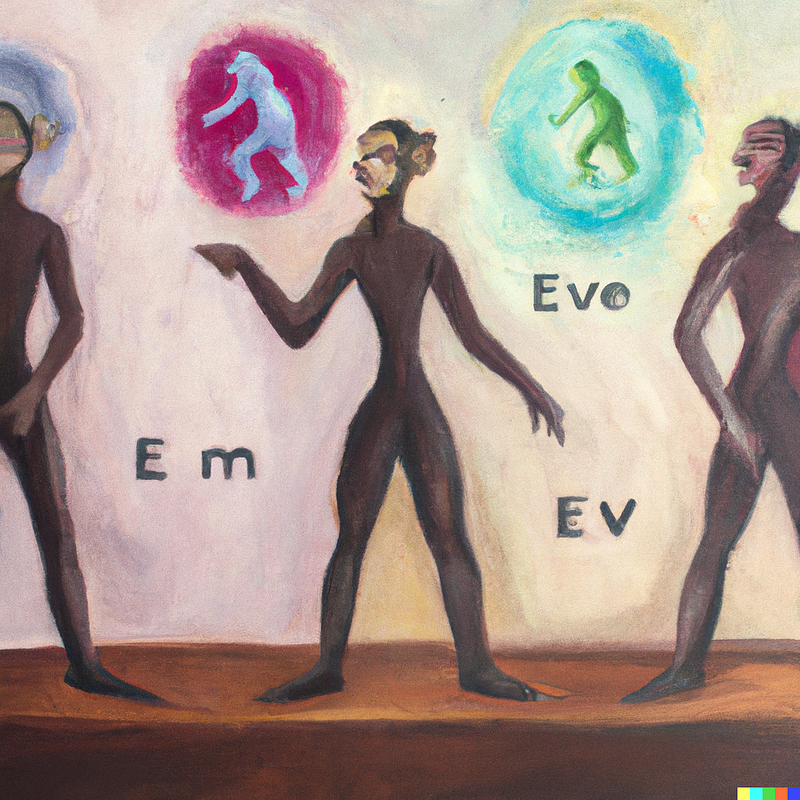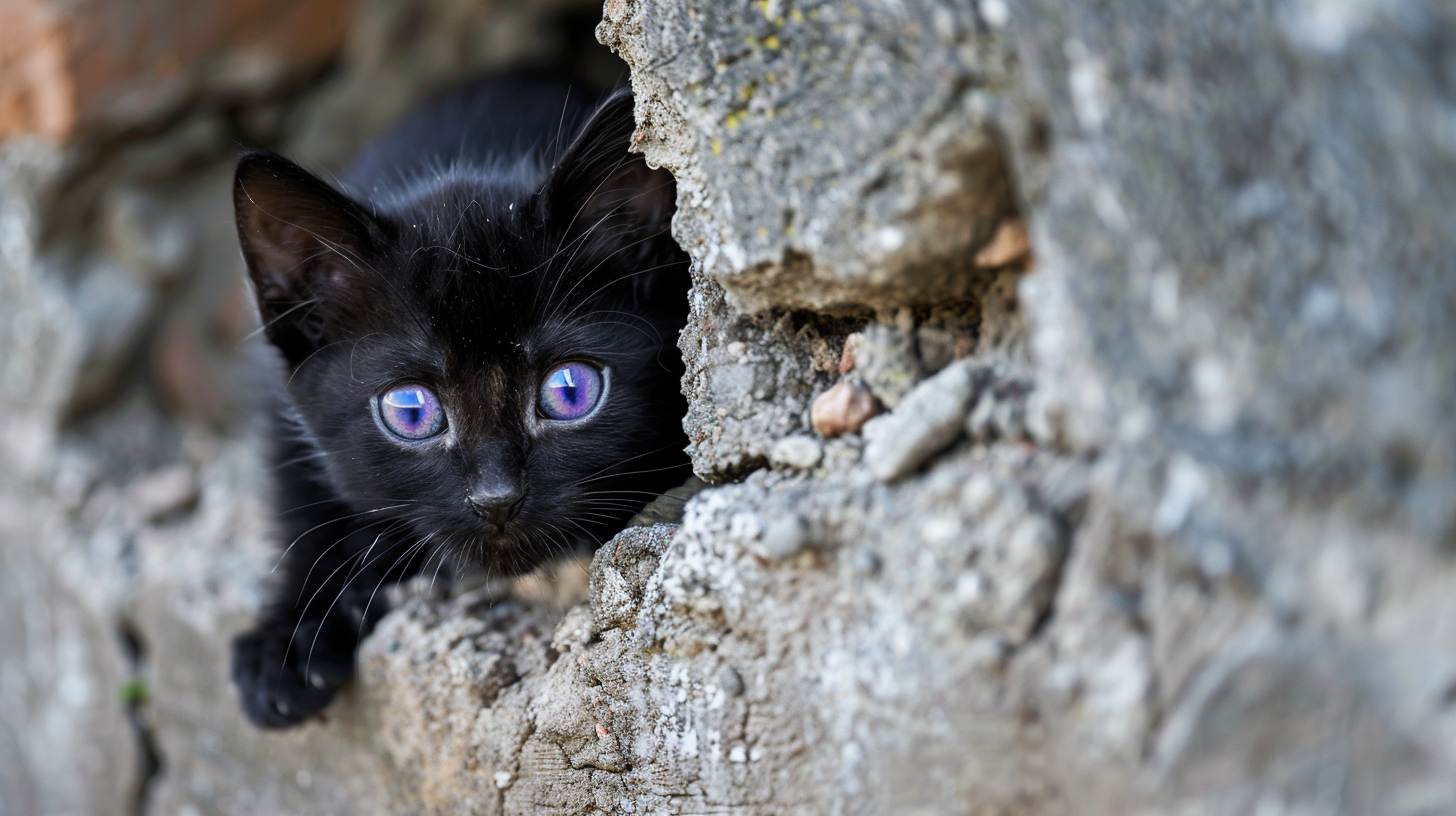The Critical Role of Gender in Evolution
The next thousand years depends on you. Don’t mess this up.


Humans ascribe a level of agency to our behavior misaligned to our role on Earth. The truth is Nature is unconcerned with our grandiose thoughts and beliefs — there are rules to biology no species may escape. Species that fail to play by those rules — voluntarily or otherwise — are discovered as fossil records a million years later.
How can humanity align better with the rules of Nature? The first step is to understand the distinction between sex and gender. Sex is different from gender — by definition, across all species — and humanity is no different.
The second step to humanity aligning with Nature is to understand the individual’s role in the current of life and our perpetuation of the species. There is no guarantee what humans prize today will persist to the future. Evolution plays no favorites among social mores; it favors only efficient reproduction.
What is the link between sex and evolution? The answer is simple: gender. The underlying implications are more complicated, but it is no exaggeration that the survival of our species depends on unhindered personal expression of gender. In other words, if I want to wear a dress as a transgender woman, you’d better damn well let me, lest you damn our species to extinction.
Definition of sex and its critique
As I wrote before, a clear definition of sex exists. Sex is determined solely by the size of gametes an organism is capable of producing.
Some organisms are male — they produce the smaller gamete, named sperm. Some organisms are female — they produce the larger gamete, named ovum (plural ova). But some organisms are both male and female at once — they produce both sperm and ova. And some organisms will change the gamete they produce depending on the particular act of reproduction.
By definition, gender is the expression of sex in context of an environment — what role an organism will play for the sake of reproduction. For many species, gender does not play a significant role in much of the organism’s life. In fact, to a single, isolated organism, gender is unimportant. Gender becomes important in perpetuating the species — that is, leading up to and during the act of reproduction.
I admit, the above definition is a bit dry and clinical, as my friend and Sister Megan has protested. The definition ignores our individual desire to express ourselves — the internal, subjective view of our identity. The definition also ignores the role that we, as individuals, play in society — the external, social representation of identity we present to others.
As Megan explains, there are nuances to human gender that are missed when thinking only about expressing sex characteristics in a society. Reducing human behavior to acts of reproduction obscures the issue at hand.
Where do gender roles come from?
Stepping away from human behavior for a moment, consider in general why a species exists across millennia or a trait persists from parent to offspring. The theory of evolution implies traits that improve efficiency of reproduction will be passed to offspring. The mode by which traits are passed may be based in physical structure, biochemistry, cognition, or behavior.
Physical structure and biochemistry are determined by genetics — the material contained in gametes that combines during sexual reproduction. As a species organizes more complex society, however, the importance of genetics diminishes in favor of cognition and behavior — the ability to attract others and potentially to mate. Gender roles spring from psychology, not biology.
Returning to human behavior, gender roles persist over hundreds of years because they are observed by and taught to human children. They are passed on because they provide an evolutionary advantage — humans that fit ideal gender roles are more likely to reproduce than humans that do not. We observe this in advertising consistently. 50 Cent convinces people every day to modify their behavior in a way Bill Gates could not.
Evolution, again, is concerned only with efficiency of reproduction. Evolution does not evaluate a trait as morally good or morally bad — it only shows what worked at the time. That humans exist today implies our behavior has worked well enough for more humans to reproduce. What made our behavior work is our ability to express a broad spectrum of gender.
The purpose of gender
What evolutionary advantage does gender provide? By establishing gender roles, a society improves the probability of reproducing. At the very least, gender roles assist in determining whether or not a human could potentially become a mating partner. We compare our presentation of gender with another’s presentation of gender to establish if our gametes could combine with the other person’s gametes.
This is, again, a very dry and clinical representation of gender — one based in biology, as well as presuming a gender binary that reflects a gamete binary. From a behavioral and social standpoint, however, gender serves a far deeper purpose. By defining gender roles, a society provides a sense of organization around identity. We may pattern our presentation and behavior after those who came before us.
As children grow, they must build their identities and learn how to integrate into the society around them. Gender roles give children a starting point as opposed to building a complete identity from scratch. The structure brings a sense of safety, allowing children to grow to sexual maturity while exploring gender and sexuality.
Defined gender roles help answer the question: “what do we do when we aren’t reproducing?” What we do is learn to fit into society — for our own well-being, certainly. But fitting into society — finding people with whom we resonate — also helps us find people who might be potential social or mating partners. If the potential is realized, the species may be perpetuated. Gender roles, as part of identity, provide an evolutionary advantage by making reproduction within a society more efficient.
What about homosexual or transgender people? Does the connection above discriminate against them? The answer — clearly — is no. There are stories of homosexuality and gender fluidity dated at least 5000 years ago. Those traits have not died out over almost 200 human generations — a drop in the bucket for biology, but a huge span of history for a species.
I hypothesized transgender provides an evolutionary advantage for a society — despite reproduction taking place at the individual level, if social roles improve efficiency, that society enjoys an advantage. Gender allows a society to propagate a modality for reproduction and improve its efficiency.
Cis and trans, indivisible
The conclusion to draw from gender acting as the link between biological sex and evolution of the species is clear: as humans, we must be free to express our gender as part of the normal human experience. Reproduction depends on gender, and evolution depends on reproduction. If we fail to understand our gender, we fail to improve our species.
Note, however, that I do not propose a gender binary nor do I condone strictly defined gender roles. Purely from the scientific definition of sex, it is not an identical concept to gender. Gender is a mechanism of personal expression. For humans, gender serves to find similar people or a mate, whether there is a potential for offspring or not.
As such, the expectation for gender to align with sex is scientifically imprecise as well as conceptually inaccurate. In fact, I assert the terms “cisgender” and “transgender” are meaningless — they are words made up to equate genitalia with social roles. But they fail to capture the expression of sex within social roles, which is divorced from genitalia entirely, except as common and frequent expressions that lead to reproduction.
But “common and frequent” does not imply normal. Cisgender is not a normal expression of sex within society, as transgender is not an abnormal expression of sex within society. There is only “gender,” and it is what drives evolution of humanity. To avoid this truth and hamper our ability to express our gender is to doom humanity to the dustbin of biological history.




